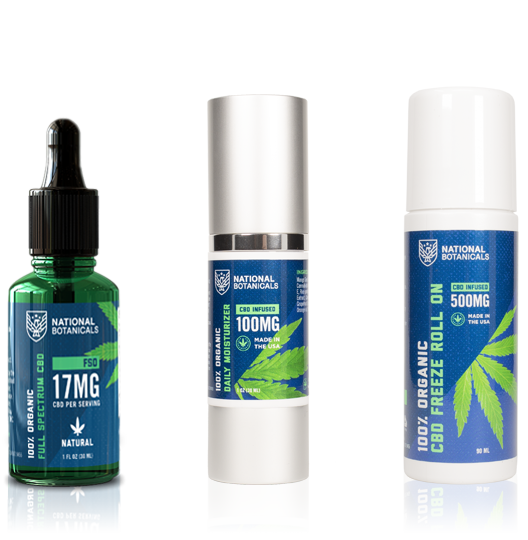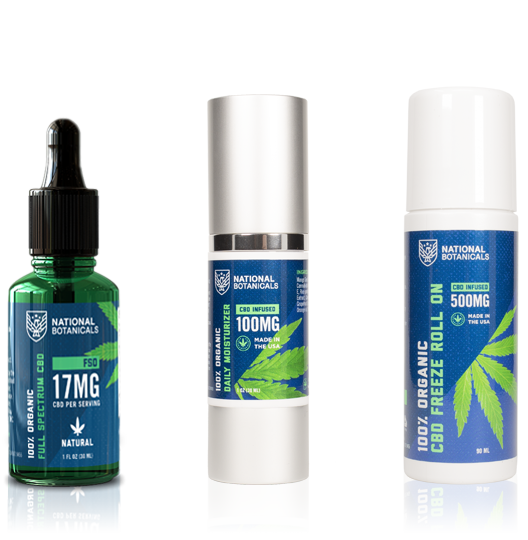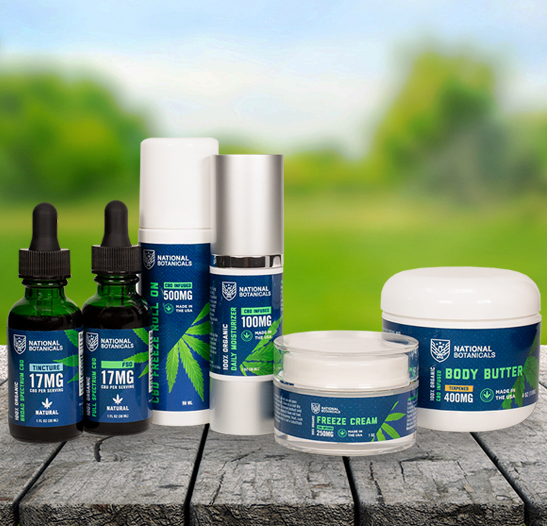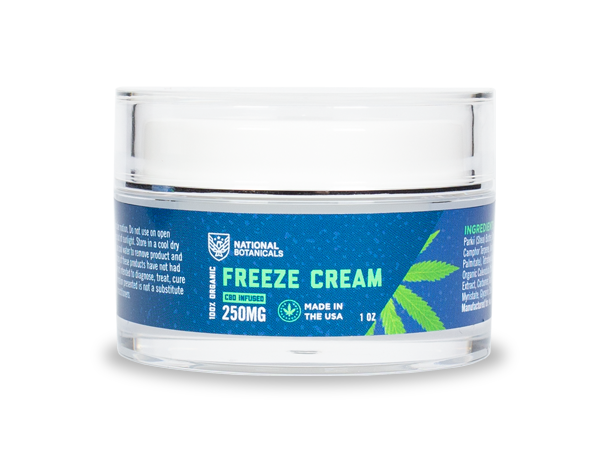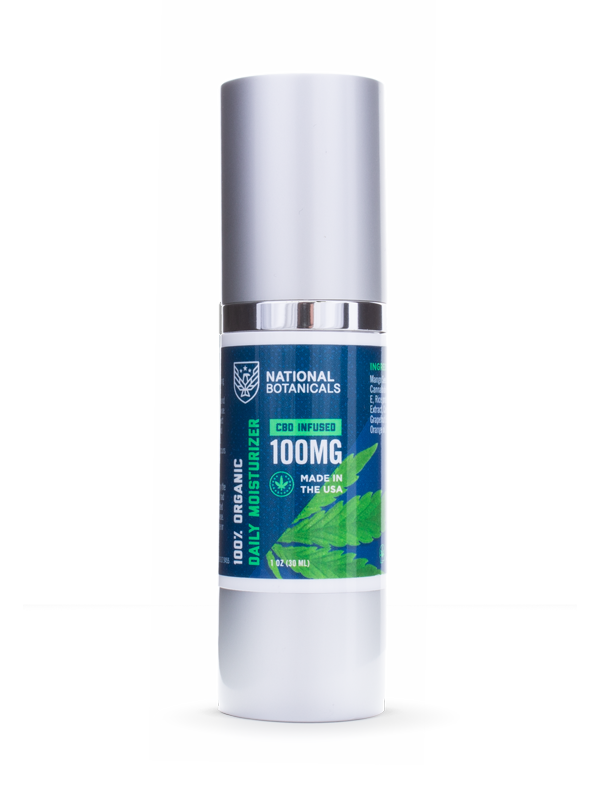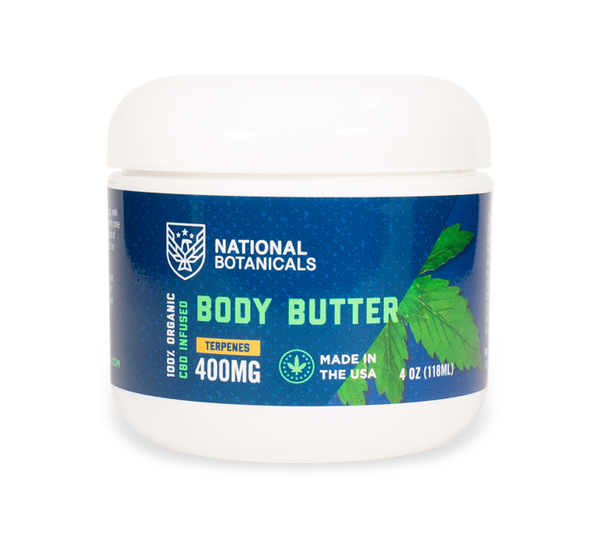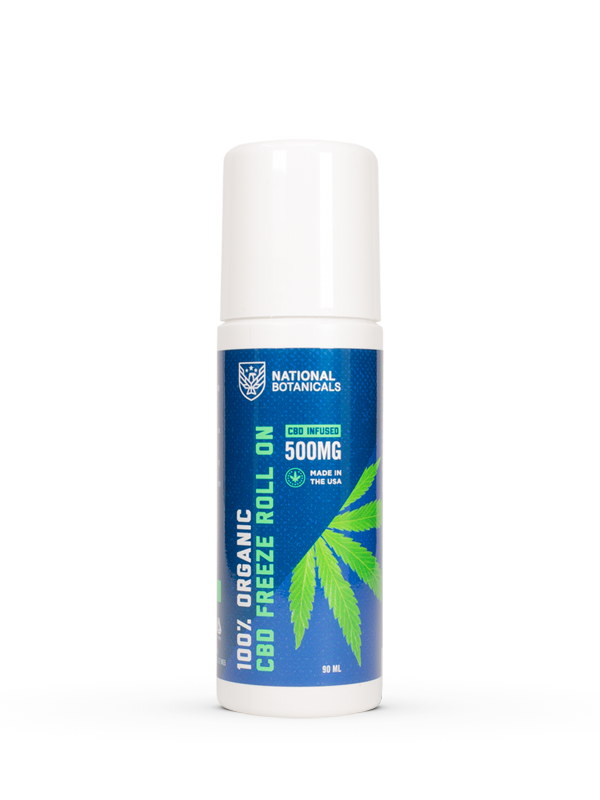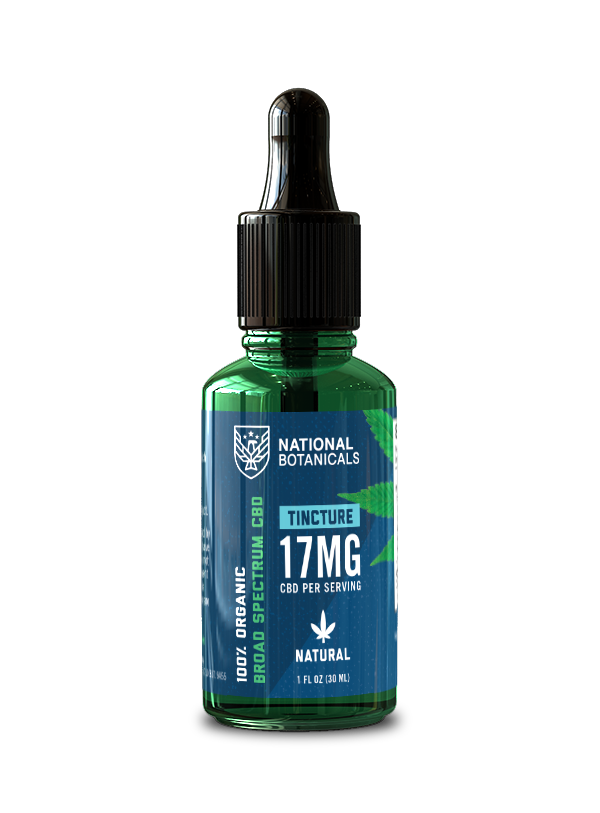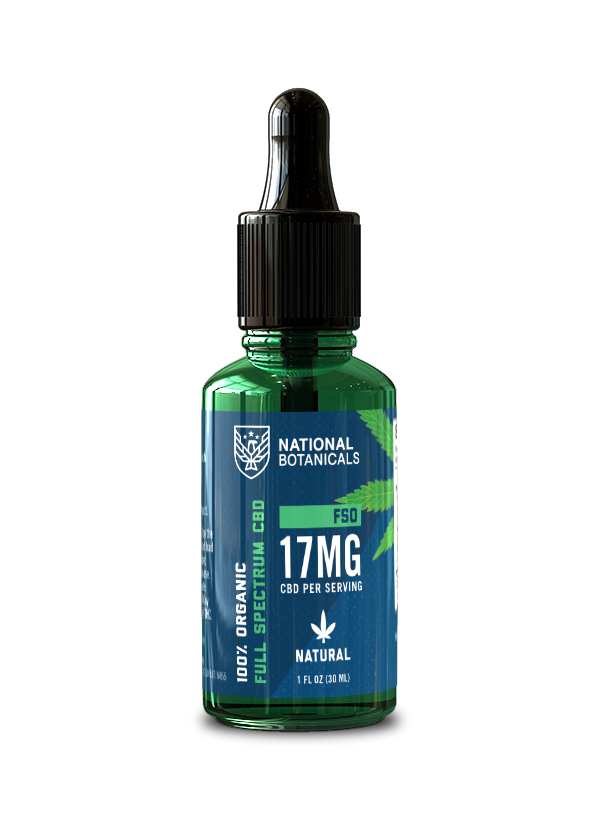We understand you might have questions, and we’re here to answer them as best we can.
0
- No products in the cart.
FAQs
CBD, otherwise known as cannabidiol, is a phytocannabinoid that interacts with our endocannabinoid system. It’s the exogenous equivalent of the endocannabinoid, 2-arachidonoylglycerol, or 2-AG.
CBD is a compound produced by hemp that can be easily manipulated and placed into a wide range of products. Food, creams, patches, and extracts can all be infused with CBD.
CBD is a compound produced by hemp that can be easily manipulated and placed into a wide range of products. Food, creams, patches, and extracts can all be infused with CBD.
CBD is produced by members of the Cannabis genus. These plants go by the more common names of marijuana or hemp, depending on their species.
However, hemp plants don’t produce as much CBD as one would think. Members of the Cannabis genus produce far more CBDA, the acidic precursor to CBD. CBDA can be readily converted to CBD, however.
The compound simply needs to be decarboxylated and have its carboxyl group removed. Light, time, and heat are all catalysts for the generation of CBD from CBDA.
If you were to consume fresh, raw hemp flower, you would consume a comparatively large amount of CBDA. However, during processing, the product is thoroughly decarboxylated before being infused into the product.
If dried and cured hemp flower is smoked or vaporized, the heating process releases CBD into the inhaled smoke or vapor.
However, hemp plants don’t produce as much CBD as one would think. Members of the Cannabis genus produce far more CBDA, the acidic precursor to CBD. CBDA can be readily converted to CBD, however.
The compound simply needs to be decarboxylated and have its carboxyl group removed. Light, time, and heat are all catalysts for the generation of CBD from CBDA.
If you were to consume fresh, raw hemp flower, you would consume a comparatively large amount of CBDA. However, during processing, the product is thoroughly decarboxylated before being infused into the product.
If dried and cured hemp flower is smoked or vaporized, the heating process releases CBD into the inhaled smoke or vapor.
Full-spectrum CBD is the extracted version of the compound when removed with all the terpenes and additional plant compounds. Full-spectrum CBD products may contain traces of THC. Since they capture every extracted compound without exception, they may contain up to 0.3% THC, as allowed by law.
CBD isolate, however, is an extraction, but one that is quarantined from the rest of the plant compounds. When consuming CBD isolate, terpenes and other cannabinoids are avoided. While it may negatively impact the taste and/or experience, many people prefer to consume the isolated cannabinoid in order to avoid THC consumption.
Broad spectrum CBD is the intermediary between CBD isolate and full-spectrum CBD. It lets consumers have it both ways by including the terpenes and flavonoids within the formulation while removing any traces of THC.
CBD isolate, however, is an extraction, but one that is quarantined from the rest of the plant compounds. When consuming CBD isolate, terpenes and other cannabinoids are avoided. While it may negatively impact the taste and/or experience, many people prefer to consume the isolated cannabinoid in order to avoid THC consumption.
Broad spectrum CBD is the intermediary between CBD isolate and full-spectrum CBD. It lets consumers have it both ways by including the terpenes and flavonoids within the formulation while removing any traces of THC.
It depends on its source.
The 2018 Farm Bill reclassified hemp. The reclassification removed it from the Controlled Substances Act which subsequently dropped it, and CBD, from being listed as a Schedule I drug.
In theory, CBD is 100% legal in the United States.
However, since CBD can grow in both hemp varieties and the THC-heavy varieties of cannabis, some forms of CBD may still be considered federally-illegal.
CBD derived from hemp with 0.3% THC or less is legal under federal law. It can be manufactured, processed, and sold in the United States.
The 2018 Farm Bill reclassified hemp. The reclassification removed it from the Controlled Substances Act which subsequently dropped it, and CBD, from being listed as a Schedule I drug.
In theory, CBD is 100% legal in the United States.
However, since CBD can grow in both hemp varieties and the THC-heavy varieties of cannabis, some forms of CBD may still be considered federally-illegal.
CBD derived from hemp with 0.3% THC or less is legal under federal law. It can be manufactured, processed, and sold in the United States.
No, and here’s why.
Your endocannabinoid system is equipped with two main receptors: the CB1 receptor and the CB2 receptor.
While both are found throughout the body, the CB1 receptors are mainly located within the central nervous system while the CB2 receptors are spread throughout the body, including in the:
When bound to the CB1 receptors, cannabinoids create the ‘high’ related to cannabis consumption.
This is important to understand because CBD binds to the CB2 receptor. Since they are mostly located outside of the Central Nervous System, they do not deliver the euphoric feeling associated with cannabis consumption.
Without the addition of substantial amounts of THC, CBD will not get a consumer high, regardless of the level of consumption.
Your endocannabinoid system is equipped with two main receptors: the CB1 receptor and the CB2 receptor.
While both are found throughout the body, the CB1 receptors are mainly located within the central nervous system while the CB2 receptors are spread throughout the body, including in the:
- Immune system
- Digestive tract
- Peripheries (an outward structure or surface; arms, legs digestive system, skin, Not Central Nervous System).
When bound to the CB1 receptors, cannabinoids create the ‘high’ related to cannabis consumption.
This is important to understand because CBD binds to the CB2 receptor. Since they are mostly located outside of the Central Nervous System, they do not deliver the euphoric feeling associated with cannabis consumption.
Without the addition of substantial amounts of THC, CBD will not get a consumer high, regardless of the level of consumption.
No, because drug screens don’t test for CBD.
However, they may test for THC, which can be found in some CBD products.
That being said, there is a 0.3% limit on THC in CBD products. Such a low amount makes it highly unlikely to test positive for cannabis consumption during a drug screen.
However, they may test for THC, which can be found in some CBD products.
That being said, there is a 0.3% limit on THC in CBD products. Such a low amount makes it highly unlikely to test positive for cannabis consumption during a drug screen.
No, active duty members are not allowed to take CBD.
Army, Air Force, Coast Guard, Navy, and Marines are all forbidden from taking CBD products.
While the Navy allows its people to use CBD-infused products, such as shampoo, products that deliver CBD to the ECS(endocannabinoid system) are currently verboten.
Even NASA, while not a military branch of the government, has indicated that personnel are forbidden from consuming CBD.
If you’re planning on joining the United States Space Force, plan on CBD being off-limits.
Army, Air Force, Coast Guard, Navy, and Marines are all forbidden from taking CBD products.
While the Navy allows its people to use CBD-infused products, such as shampoo, products that deliver CBD to the ECS(endocannabinoid system) are currently verboten.
Even NASA, while not a military branch of the government, has indicated that personnel are forbidden from consuming CBD.
If you’re planning on joining the United States Space Force, plan on CBD being off-limits.
No.
Hemp-derived CBD was made legally available to the public through the passage of the 2018 farm bill.
Medical cannabis patients must register with their state if they plan on seeking cannabis-derived products that have substantial amounts of THC.
If a product has less than 0.3% THC, it’s something that any adult can buy over the counter.
Hemp-derived CBD was made legally available to the public through the passage of the 2018 farm bill.
Medical cannabis patients must register with their state if they plan on seeking cannabis-derived products that have substantial amounts of THC.
If a product has less than 0.3% THC, it’s something that any adult can buy over the counter.
Not precisely.
CBD dosage schedules are highly individualistic.
How you’ll react to CBD depends on a variety of factors including your:
There are a few guidelines to remember, however.
Starting low and going slow is the best way to begin.
There is no reason to overshoot. Too many cannabinoids ingested at once can lead to the potential negative side effects discussed next.
CBD dosage schedules are highly individualistic.
How you’ll react to CBD depends on a variety of factors including your:
- Body type
- Gender
- Weight
- ECS
- Previous cannabis consumption
- Prescription drug schedule
- And more
There are a few guidelines to remember, however.
Starting low and going slow is the best way to begin.
There is no reason to overshoot. Too many cannabinoids ingested at once can lead to the potential negative side effects discussed next.
CBD is equitably flexible in its consumption; everyone can find a way to consume that is right for them.
A few ways to consume CBD include:
Inhalation
CBD can be inhaled through smoke or vapor. Pure CBD flower can be rolled into a joint, smoked in a pipe, or placed in a vaporizer. This is one of the fastest-acting delivery methods since CBD is taken into the lungs, exchanged into the blood, and immediately delivered into your endocannabinoid system.
Concentrates
While these products can also be inhaled via vaporization or combustion, they’re a different class of products.
Concentrates come in names like wax, shatter, and budder. These are highly-concentrated forms of CBD. While flower may top out at just a few percentage points for CBD, concentrates can have 80% or higher!
Edibles
Food. CBD can be infused into almost anything you can eat or drink. Cannabinoids blend well into fats and oils, but there are also water-soluble CBD products that can even be added to a glass of water.
Oils
CBD oils—again high in potency—can be added to food and water, but can also be taken directly under the tongue.
A few ways to consume CBD include:
Inhalation
CBD can be inhaled through smoke or vapor. Pure CBD flower can be rolled into a joint, smoked in a pipe, or placed in a vaporizer. This is one of the fastest-acting delivery methods since CBD is taken into the lungs, exchanged into the blood, and immediately delivered into your endocannabinoid system.
Concentrates
While these products can also be inhaled via vaporization or combustion, they’re a different class of products.
Concentrates come in names like wax, shatter, and budder. These are highly-concentrated forms of CBD. While flower may top out at just a few percentage points for CBD, concentrates can have 80% or higher!
Edibles
Food. CBD can be infused into almost anything you can eat or drink. Cannabinoids blend well into fats and oils, but there are also water-soluble CBD products that can even be added to a glass of water.
Oils
CBD oils—again high in potency—can be added to food and water, but can also be taken directly under the tongue.
Not precisely.
CBD dosage schedules are highly individualistic.
How you’ll react to CBD depends on a variety of factors including your:
There are a few guidelines to remember, however.
Starting low and going slow is the best way to begin.
There is no reason to overshoot too many cannabinoids ingested at once can lead to the potential negative side effects discussed next.
CBD dosage schedules are highly individualistic.
How you’ll react to CBD depends on a variety of factors including your:
- Body type
- Gender
- Weight
- ECS
- Previous cannabis consumption
- Prescription drug schedule
- And more
There are a few guidelines to remember, however.
Starting low and going slow is the best way to begin.
There is no reason to overshoot too many cannabinoids ingested at once can lead to the potential negative side effects discussed next.
While CBD is not dangerous and is commonly regarded as safe for human consumption, some studies—and personal anecdotes—have indicated a few potential negative side effects of CBD consumption.
Such negative reactions may include:
While these reactions are not common, finding the proper dosage schedule for you is key to enjoying your CBD consumption.
Such negative reactions may include:
- Nausea
- Tiredness
- Diarrhea
- Appetite change
- Weight loss
While these reactions are not common, finding the proper dosage schedule for you is key to enjoying your CBD consumption.
CBD is a 100% natural, organic compound produced in nature by Cannabis plants without any human interference.
However, that does not mean it can be always labeled as “organic.”
The label of “organic” is given to products that are developed through specified practices developed by the USDA. Without their approval. Any company labeling their product as USDA approved “organic” without obtaining USDA approval is misleading.
While there are state-level and independent ways to be certified as organic, the USDA has a rigorous process for companies to receive the esteemed label.
Any company labeling their product without USDA approval is technically breaking federal law.
However, that does not mean it can be always labeled as “organic.”
The label of “organic” is given to products that are developed through specified practices developed by the USDA. Without their approval. Any company labeling their product as USDA approved “organic” without obtaining USDA approval is misleading.
While there are state-level and independent ways to be certified as organic, the USDA has a rigorous process for companies to receive the esteemed label.
Any company labeling their product without USDA approval is technically breaking federal law.
As previously noted, everyone has a unique experience with cannabinoids. However, the general consensus is that CBD helps people in a multitude of ways.
There is significant research behind the idea that CBD helps with:
There is significant research behind the idea that CBD helps with:
- Sleeping issues including insomnia and nightmare disorder
- Inflammation
- Pain
- Gastrointestinal issues
- Skin problems
- Immunity responses
- Addictive behaviors
- And more
A 2019 study wanted to know the answer to that question.
The study, published in The Permanente Journal, looked at 25 adults who suffered from poor sleep.
After one month of taking CBD, it was shown that two-thirds of them have improved quality of sleep.
After one month, the results fluctuated, but the paper noted that on average, there were sustained improvements over time.
The numbers—and the authors of the study—indicate that, yes, CBD can help you sleep.
The study, published in The Permanente Journal, looked at 25 adults who suffered from poor sleep.
After one month of taking CBD, it was shown that two-thirds of them have improved quality of sleep.
After one month, the results fluctuated, but the paper noted that on average, there were sustained improvements over time.
The numbers—and the authors of the study—indicate that, yes, CBD can help you sleep.
Cannabinoids have long been known to help with certain types of inflammation. Research has shown that the ECS is integral to our response to injury.
In fact, a 2009 study indicated that, through a range of anti-inflammatory mechanisms, cannabinoids attenuate inflammation that arises from:
When it comes to pain, the evidence is less clear. CBD has been shown to reduce pain in some types of conditions.
For example, a 2018 study showed that the transdermal application of CBD can help with the pain that comes from some types of arthritis.
More importantly, another report from 2018, published in Cannabis and Cannabinoid Research, found that two of the top three reasons people indicate they take CBD is for pain and anxiety.
In fact, a 2009 study indicated that, through a range of anti-inflammatory mechanisms, cannabinoids attenuate inflammation that arises from:
- Multiple sclerosis
- Rheumatoid arthritis
- Colitis
- Hepatitis
When it comes to pain, the evidence is less clear. CBD has been shown to reduce pain in some types of conditions.
For example, a 2018 study showed that the transdermal application of CBD can help with the pain that comes from some types of arthritis.
More importantly, another report from 2018, published in Cannabis and Cannabinoid Research, found that two of the top three reasons people indicate they take CBD is for pain and anxiety.
There is no evidence to suggest that CBD, by itself, is addictive. While it seems that roughly 9% of cannabis consumers may be clinically addicted to it, as defined by the most recent DSM, no one suggests that CBD is addictive.
Conversely, it seems that CBD may play a role in reducing addictive behaviors.
A 2015 study published in Substance Abuse: Research and Treatment, noted that CBD “may have therapeutic properties on opioid, cocaine, and psychostimulant addiction.” Moreover, the authors of the study, Prud’homme et al., found that CBD may even help reduce cannabis addiction and addiction to tobacco.
In 2018, researchers followed up with a publication in Neuropsychopharmacology. The authors,
Gonzalez-Cuevas et al., found that there is “potential of CBD in relapse prevention along two dimensions: beneficial actions across several vulnerability states and long-lasting effects with only brief treatment.”
Conversely, it seems that CBD may play a role in reducing addictive behaviors.
A 2015 study published in Substance Abuse: Research and Treatment, noted that CBD “may have therapeutic properties on opioid, cocaine, and psychostimulant addiction.” Moreover, the authors of the study, Prud’homme et al., found that CBD may even help reduce cannabis addiction and addiction to tobacco.
In 2018, researchers followed up with a publication in Neuropsychopharmacology. The authors,
Gonzalez-Cuevas et al., found that there is “potential of CBD in relapse prevention along two dimensions: beneficial actions across several vulnerability states and long-lasting effects with only brief treatment.”
For now, the research has not indicated that humans develop a tolerance to CBD.
We qualify that statement because there is so little research into the issue.
However, anecdotal evidence says that a tolerance is not developed when consuming CBD.
So, once you find your minimum threshold for CBD consumption, you can likely keep it there and not have to worry about developing a tolerance.
We qualify that statement because there is so little research into the issue.
However, anecdotal evidence says that a tolerance is not developed when consuming CBD.
So, once you find your minimum threshold for CBD consumption, you can likely keep it there and not have to worry about developing a tolerance.
Most importantly, look for a product that has been tested in an independent, 3rd-party lab.
A brand that provides easy access to the batch reports for their products.
The results can show if the product contains any dangerous compounds, like pesticides, and lets you know exactly what the cannabinoid content of the product is.
Next, you may want to see where your product is made. Homegrown CBD, made in the USA, avoids imports, which is a specific pain point for many people.
A brand that provides easy access to the batch reports for their products.
The results can show if the product contains any dangerous compounds, like pesticides, and lets you know exactly what the cannabinoid content of the product is.
Next, you may want to see where your product is made. Homegrown CBD, made in the USA, avoids imports, which is a specific pain point for many people.
You should choose National Botanicals for several reasons. We offer:
- Clean, pure CBD products that deliver the desired result
- Fair prices for quality CBD products
- Trusted farmers and processors producing your goods
- Honest business practices oriented towards customer satisfaction
- Knowledgeable leadership and continuous improvement
CBD is surrounded by jargon. Here are a few definitions you might be looking for.
- Tincture: An oil or water-based product infused with extracted CBD that can be added to food or drink or taken under the tongue. May be flavored or unflavored.
- Terpenes: A plant compound often associated with the smell and flavor of the plant. Terpenes are known to carry pharmacological properties, as well.
- Topicals: Any CBD product that can be applied to the skin, such as lotions, balms, patches, ans salves.
- THC: The psychoactive compound derived from cannabis which is minimally present in any CBD product, if at all.
- Endocannabinoid system: The endogenous network of cannabinoids and their receptors that are present throughout the human body.
- Endocannabinoids: The cannabinoids produced by the human body.
- Phytocannabinoids: The cannabinoids produced by plants.
We ship to all 50 states.
Shipping is free on all orders $75.00 or more. Orders $74.99 or less have a $10.00 flat shipping rate.
Once your order has been shipped, we will send you a tracking number.
Orders take to 1- 2 business days to process, Shipping can vary depending on your location but is usually with in 7 business days after it has been processed.
If you have an issue with your order please contact us or call us at 210.824.1112
Our goal is to keep our heroes well informed of our products. If you are unable to find an answer to your question, please don’t hesitate in contacting us.

